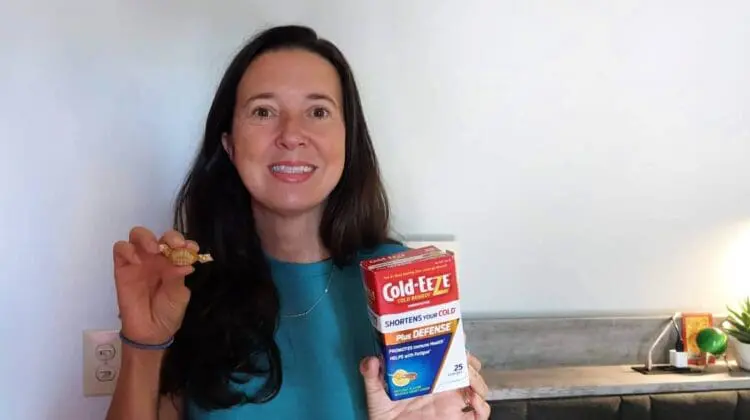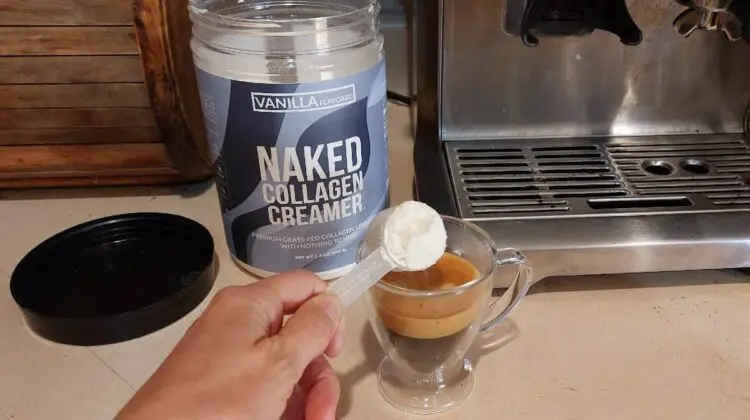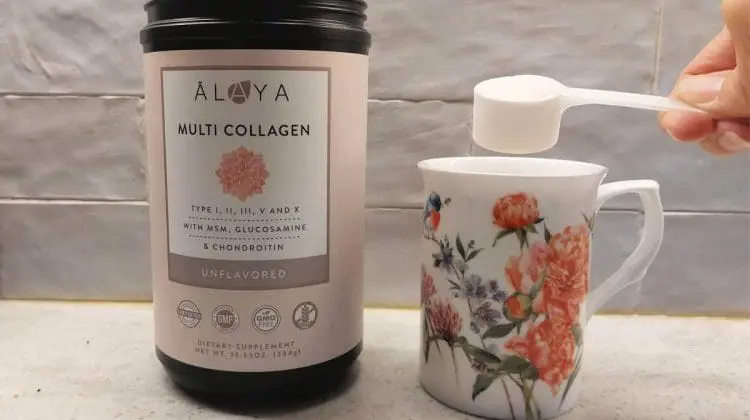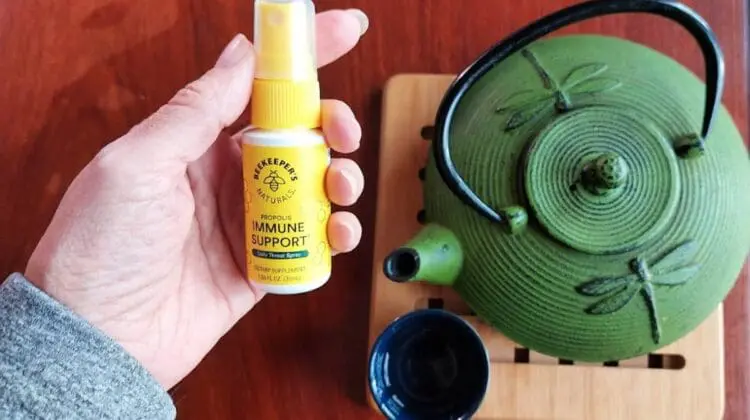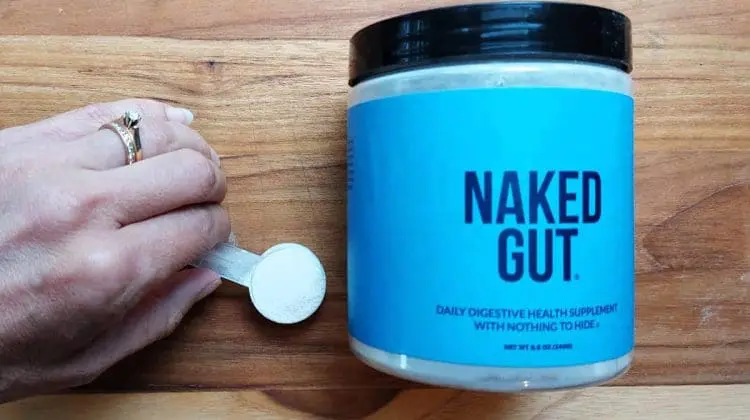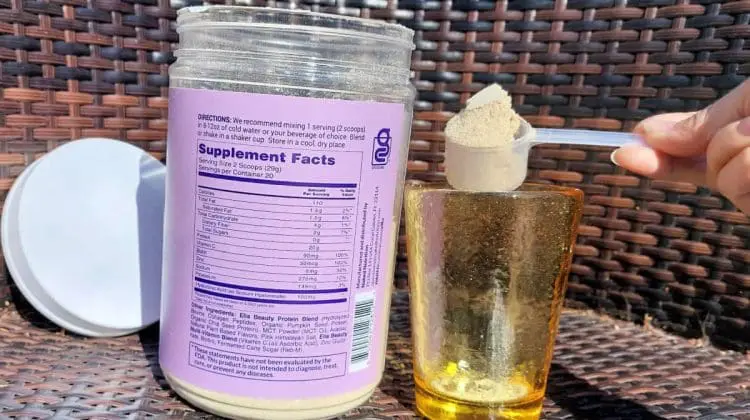My husband is a teacher so I know very well that during back-to-school season, there is always some sickness being passed around. No one likes that horrible stuffy feeling of being congested and having to breath through your mouth! That is why this is a great time to stay on top of frequent hand washing […]
supplements
Naked Collagen Creamer Review And Giveaway
Wondering what collagen creamer is and how it can benefit you? Well, collagen creamer is a functional coffee or tea additive. Instead of using my traditional dairy creamer, I have been replacing it with the Naked Collagen Creamer. This simple switch is such a healthy choice! The Naked Vanilla Collagen Coffee Creamer combines collagen protein […]
Alaya Naturals Reviews: Multi Collagen Protein
I have always been into healthy living as the health of the body is key to our everyday experience. The product I want to discuss today is one that is great for your overall health and as an added bonus, also great for beauty! From enhanced skin elasticity to improved joint health, there are many […]
Electrolyte Powder Packets: Nakedade Review
You are probably familiar with electrolytes being good for your health. Most people probably think of needing to supplement with electrolytes of when it comes to exercise, being sick or dehydrated, or any activity that causes you to sweat. I like to get electrolyte powder packets for my son because he is a runner. I […]
Propolis Throat Spray And Mother Nature’s Healing Properties
Have you tried Propolis before? It’s the most potent ingredient from the beehive and the benefits for humans are incredible. I have just discovered the healing power of nature for myself with propolis throat spray. In this article, we will dive into the world of natural remedies and explore how propolis, derived from bees, is a game-changer […]
Naked Nutrition Reviews: Gut Health Supplement
When it comes to your overall health, there are few things more important that gut health. This is because gut health not only allows you to get the nutrients you need and expel waste, it also contributes to your immune system function. You know that old saying, “you are what you eat,” well you need […]
Ella Beauty Protein Powder Review: Collagen Peptides
I have become very interested in collagen protein powder lately. I am 46, shhh, don’t tell! And at my age, you start to realize you need to take care of your body. You need to provide your skin and joints with building blocks for your best health. That is why my ears perked up when […]

